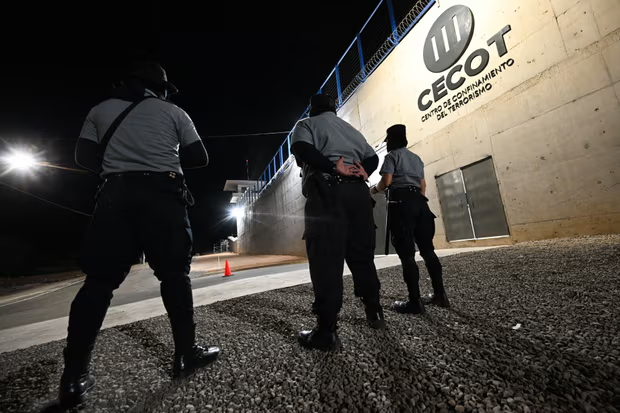In a significant legal move, the White House has formally requested the U.S. Supreme Court to uphold the administration’s authority to proceed with deportations under wartime law. This request comes amidst ongoing discussions about immigration policy and the complexities of managing national security in times of conflict.
The appeal centers on the interpretation of existing laws that grant the government certain powers to manage immigration and deport individuals, particularly in the context of national emergencies or wartime scenarios. The White House argues that these powers are essential for maintaining security and order, especially as geopolitical tensions escalate and the potential for security threats rises.
Administration officials believe that allowing deportations under wartime law is a vital part of ensuring the safety of American citizens and that it aligns with the broader objective of enforcing immigration laws effectively. This stance reflects a commitment to a stringent approach to border control and the management of immigration, particularly for individuals who may be deemed security risks.

Critics of the administration’s request argue that using wartime laws to facilitate deportations can lead to abuses of power and unjust outcomes for individuals fleeing conflict or persecution. Advocates for immigrant rights have raised concerns about the potential impact on vulnerable populations, including those seeking asylum and refugees who may face dire circumstances if returned to their home countries.
As the Supreme Court considers the request, the outcome will have far-reaching implications for immigration policy and the balance between national security and humanitarian considerations. Legal experts anticipate a contentious debate over the interpretation of wartime laws and the extent of executive power in executing deportations during times of crisis.
The situation highlights the ongoing challenges in U.S. immigration policy, where national security concerns often intersect with humanitarian obligations. As the administration navigates this complex legal landscape, the discussions surrounding this case will likely reignite broader conversations about immigration reform, security, and the moral responsibilities of the United States in providing sanctuary for those in need.
The Supreme Court’s eventual ruling will be closely watched, as it could set a significant precedent regarding the use of wartime law in immigration matters and shape future policies in a country grappling with its identity as both a nation of laws and a refuge for the oppressed.
